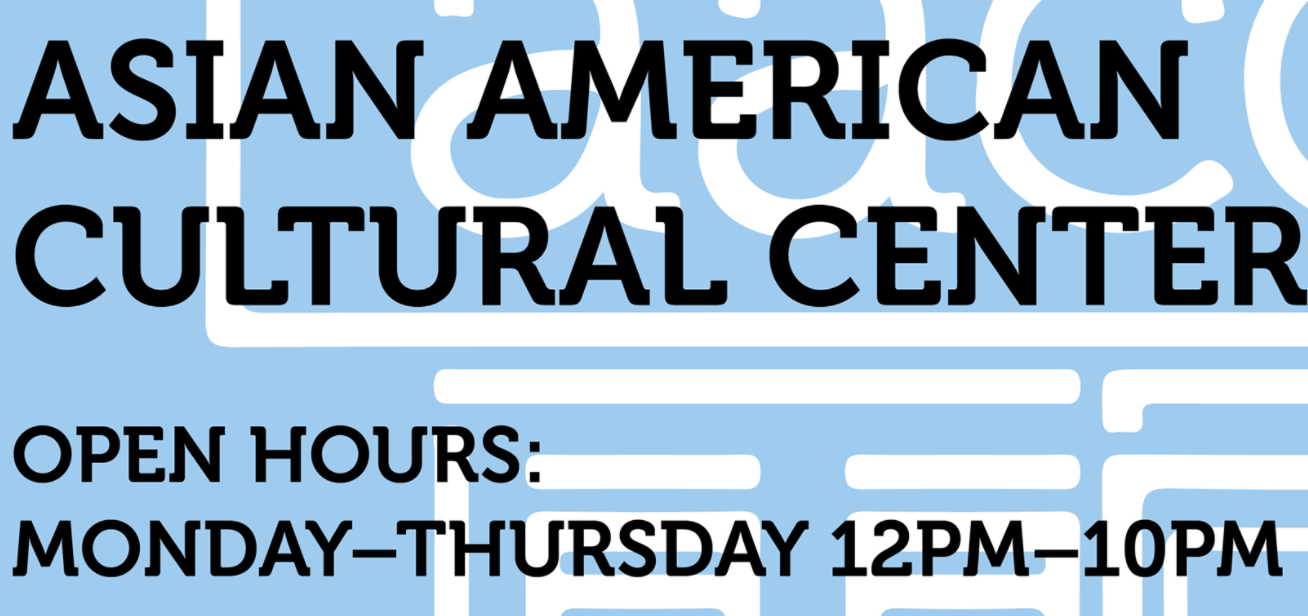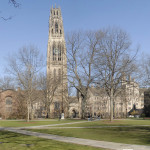Statement of Purpose: The goal of the Asian American Cultural Center’s Oral History Project is to highlight the individual stories of our fellow New Haven and Yale community members. These oral histories share anecdotes, reflections, and lessons from our interviewee’s family histories and personal lives. It is more important now than ever to share our personal narratives and listen to others’.
If you are interested in becoming involved in this exciting project, or simply wish to meet new people and enjoy soul food, join the AACC on March 6 for the Oral History Launch Dinner.
Vivian Nguyen
Vivian Nguyen is a graduate assistant at the Asian American Cultural Center (AACC) who leads the Wellness and Self-Care pod. She is a first-year master of public health student at the Yale School of Public Health in the healthcare management track. Her hometown is Anaheim, California. This piece showcases the forces that motivated her passions of public health and community organizing.
What drew you to this job?
I grew up in a Vietnamese refugee family; my parents were both boat people from the 1970s, and they were in several refugee camps before they were relocated to and resettled in Minnesota. Coming from South Vietnam to Minnesota was a really, really big change for them. They were sponsored over here by a church, and were the only Asian people in their town. My mom’s family was split up, my dad’s family was also split up; so when they came here, they met each other in high school. They fell in love and got married. My dad got a job out in California where a part of my mom’s family had been resettled after the war.
When I went to undergraduate at UC Berkeley up in Northern California, I was really involved with different student associations like the Vietnamese Students Association and the Southeast Asian Student Coalition. It was within these spaces that I started to develop my identity as an Asian American woman, as the daughter of refugee immigrants, and that’s when I started politicizing my Asian American identity and realizing how important it was to be involved in these spaces and to work with undergraduate and graduate students. There were also a number of programs I did in my undergrad that served underserved students from Southeast Asian communities throughout California who were the first in their family to graduate high school, let alone think about college. So it was being involved in these spaces that made me want to come to Yale and do the same type of work with the same type of community that I had grown to love and be really proud of.
I think everyone at the AACC does such great work and has such a strong call to action around furthering the cause of the Asian American community and also recognizing their role within the community and how important it is to empower each other. I think being able to have a physical space – like a real center or like a house here that we own and we can share- I think that’s something incredibly powerful. So I’m really excited to be a part of that.
What led you to be interested in pursuing mental health and wellness in general?
I grew up in a family of Vietnamese refugees and there’s a very high prevalence of PTSD within refugee communities. I worked for a small nonprofit called the Center for Empowering Refugees and Immigrants, and it was based on International Blvd in Oakland, which was infamous for lots of crime and being in an area that is unsafe for a lot of communities. I worked with at-risk Cambodian women who ranged in age from 12-21 years. And what we mean by saying “at-risk” are women who are at-risk of joining gangs, joining prostitution rings, or becoming teen moms. The women’s group that I worked with within the Center was targeted at preventing these youth from engaging in activities that would harm them later on. Seeing firsthand how mental health issues affect our community and can really have long-term negative health and community impacts made me want to get involved and to get a deeper understanding.
What are some personal skills or lessons that you’ve learned through your involvement in these types of projects?
I think one of the challenges of entering any new community is getting community buy-in from the people you’re trying to serve. And it’s really difficult to come in as the outsider and try to help people without them feeling like you’re trying to come in with all the answers. Going back to my experiences from the Center for Empowering Refugees and Immigrants: when I first got there, I was the outsider even though I had grown up in very similar environments as the women I was working with. But I was a student at UC Berkeley, I had graduated from high school, and I was going to a university, like a well-known university. So I think all these different things really taught me how to be hyper-aware of my privileges and how to check them, and how to not come in and say, “You have to do x, y, and z” but asking, “How do you think we can get you to this? How can I help support you?” I think just showing humility is really important.
I think a larger lesson beyond that environment that I learned was with my first internship after I left college. I was working for another underserved community out in Richmond, CA trying to expand healthcare access for uninsured populations — so either undocumented folks or folks who were previously unable to get insurance but thanks to the Affordable Care Act were now eligible to enroll in Medi-Cal, which is California’s version of Medicaid, as well as folks who were now eligible to enroll into Covered California.
I remember one of the first biggest mistakes that I made was when I was giving a presentation on the Affordable Care Act based on stuff that I had learned in my Health Policy class. I listed these really complex tables about the Federal Poverty Level, and the incomes that you would need [in order to qualify for health insurance] at a community center with folks who were mostly seasonal workers. Everyone was so lost, and at the end people were scared to ask me questions.
All of the information that I had gotten from my classes — which were really great courses — had only talked about poverty at a level that we, as students, as privileged people, could understand. So, from that time on, I scrapped that entire powerpoint, and worked directly with the community health worker to break it down into information that the communities that we were trying to serve would understand. I think one of the biggest lessons learned there was just to make sure you know who you’re serving, and not to forget to give them an opportunity to teach back.
How has learning to communicate with people translated to your experiences at Yale, and your experiences at the AACC?
I think now, given the post-election atmosphere, to put it lightly, it’s more important now than ever to build up on the skills that we learned at all these other settings when we didn’t get what we wanted. There were so many times that I can think of where I felt my voice was so small compared to someone else’s. I think keeping that in mind and being at a place like the AACC, a space that we can politicize, that we can use to organize, it’s so important that we rise to the occasion, and I say this as a way to encourage myself too; I was so incredibly upset after the election, and I felt that there were multiple parts of my identity that had been repeatedly offended throughout the entire campaign.
It’s more important now than ever to ensure that people that identify as LGBTQ, as Muslim, and as women, that we all feel safe. And it’s our responsibility to make sure that that happens. Maybe we won’t enact any sweeping policy changes anytime soon, but even at the individual level, I think compassion in itself can be revolutionary. I think because of that, the lessons that I’ve learned in the past have built up my resilience, and taught me that it’s important to help give others the tools to do that as well.


